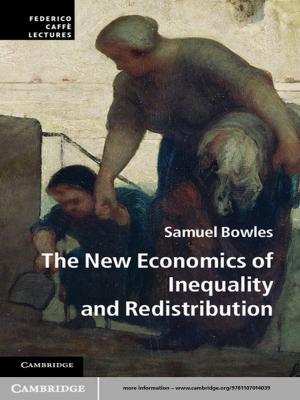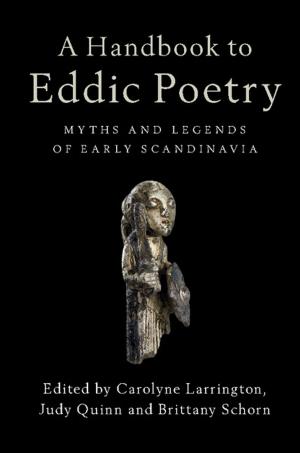Woodland in the Neolithic of Northern Europe
The Forest as Ancestor
Nonfiction, Social & Cultural Studies, Social Science, Archaeology, History| Author: | Gordon Noble | ISBN: | 9781316719237 |
| Publisher: | Cambridge University Press | Publication: | February 15, 2017 |
| Imprint: | Cambridge University Press | Language: | English |
| Author: | Gordon Noble |
| ISBN: | 9781316719237 |
| Publisher: | Cambridge University Press |
| Publication: | February 15, 2017 |
| Imprint: | Cambridge University Press |
| Language: | English |
The Neolithic period is one of the great transformations in human history - when agriculture first began and dramatic changes occurred in human society. These changes occurred in environments that were radically different to those that exist today, and in northern Europe many landscapes would have been dominated by woodland. Yet wood and woodland rarely figures in the minds of many archaeologists, and it plays no part in the traditional Three Age system that has defined the frameworks of European prehistory. This book explores how human-environment relations altered with the beginnings of farming, and how the Neolithic in northern Europe was made possible through new ways of living in and understanding the environment. Drawing on a broad range of evidence, from pollen data and stone axes to the remains of timber monuments and settlements, the book analyzes the relationship between people, their material culture, and their woodland environment.
The Neolithic period is one of the great transformations in human history - when agriculture first began and dramatic changes occurred in human society. These changes occurred in environments that were radically different to those that exist today, and in northern Europe many landscapes would have been dominated by woodland. Yet wood and woodland rarely figures in the minds of many archaeologists, and it plays no part in the traditional Three Age system that has defined the frameworks of European prehistory. This book explores how human-environment relations altered with the beginnings of farming, and how the Neolithic in northern Europe was made possible through new ways of living in and understanding the environment. Drawing on a broad range of evidence, from pollen data and stone axes to the remains of timber monuments and settlements, the book analyzes the relationship between people, their material culture, and their woodland environment.















